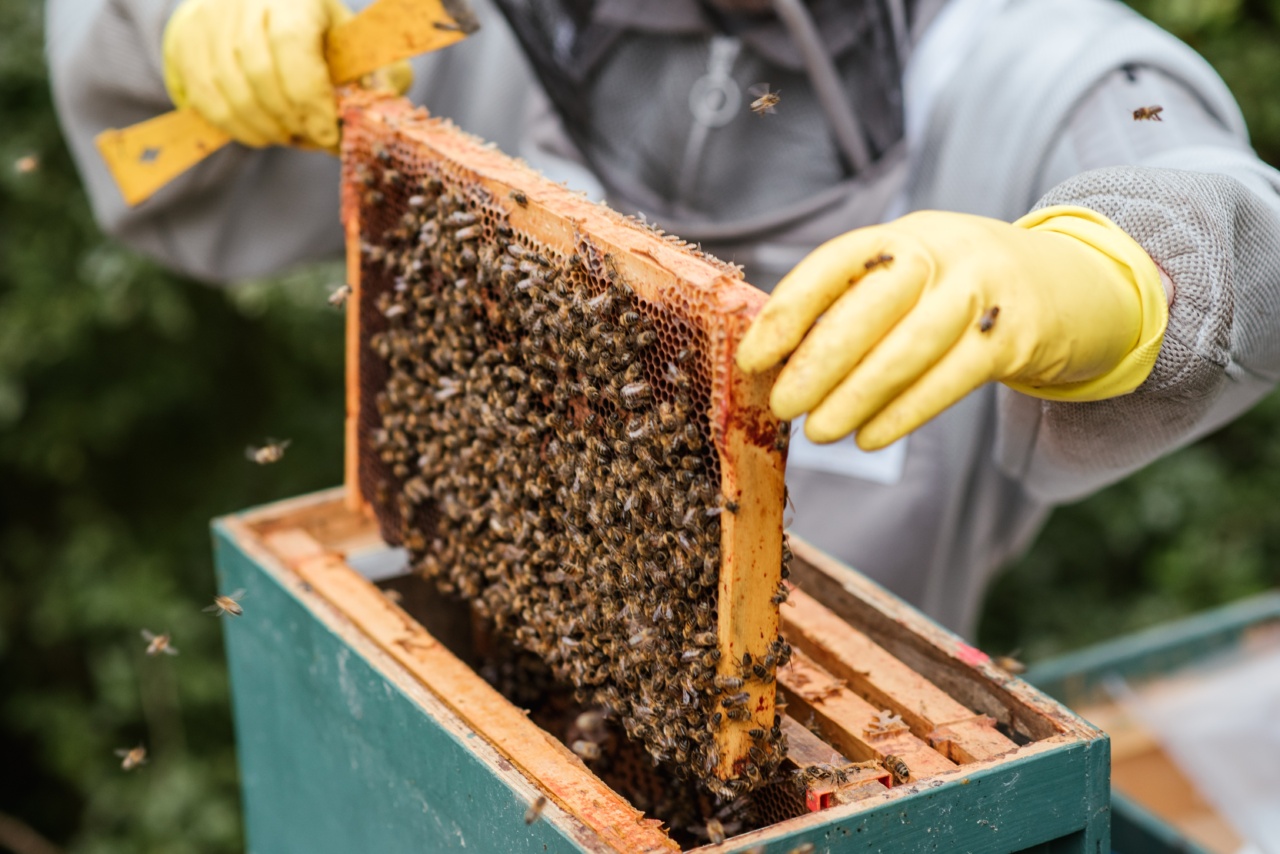With the increased interest in health and wellness among people globally, there has been a corresponding increase in the use of calorie-free foods as an alternative to traditional foods that may be high in calories, sugar, or fat.
Calorie-free foods are foods and beverages that are very low in calories or do not contain calories. They are often marketed to health-conscious people as a way to lose or maintain weight without sacrificing taste or convenience. However, consumers should be concerned about the safety effects of these foods on their health and well-being.
What are Calorie-Free Foods?
Calorie-free foods are foods that contain 5 or fewer calories per serving. These foods are typically low in sugar, fat, and sodium and are used by people wanting to lose weight or maintain their current weight.
Examples of calorie-free foods include artificial sweeteners like Splenda, stevia, and aspartame. Other examples include sugar-free candies, chewing gum, and diet sodas. They are popular among people of all ages, especially those who are monitoring their calorie intake.
The Safety Effects of Calorie-Free Foods
Although calorie-free foods are marketed as safe and healthy alternatives to traditional foods, they can have several safety effects when consumed in large quantities.
One of the main concerns about calorie-free foods is the potential for over-consumption. People may consume more of the food item because they think they are consuming fewer calories. This can lead to an increase in overall calorie consumption and weight gain.
Additionally, some studies have suggested that artificial sweeteners like aspartame and Splenda may be linked to obesity, type 2 diabetes, and other health issues when consumed in large quantities.
Calorie-Free Foods and Gut Health
There is also some concern about the impact of calorie-free foods on gut health. Gut health is essential for maintaining overall health and well-being.
Calorie-free and sugar-free foods may not be easily digested by the gut, leading to gastrointestinal discomfort and bloating. Additionally, some artificial sweeteners like xylitol, which is commonly found in sugar-free gum, can cause diarrhea and other digestive issues when consumed in large quantities.
However, more research is needed to fully understand how calorie-free foods can impact gut health.
Calorie-Free Foods and Dental Health
Another safety effect of calorie-free foods is their impact on dental health. While these foods are sugar-free, they are often high in acid.
Consuming foods and beverages that are high in acid can erode tooth enamel and increase the risk of tooth decay and cavities. People who consume large quantities of calorie-free sodas or other acidic drinks may be at a higher risk of dental issues.
The Bottom Line
While calorie-free foods can be a safe and healthy part of a balanced diet, consumers should be aware of their safety effects.
Overconsumption of these foods can lead to weight gain and other health issues, and some artificial sweeteners may be linked to health concerns like obesity and type 2 diabetes. Additionally, calorie-free foods can impact gut health and dental health, so it is essential to consume them in moderation.
By being mindful of the safety effects of calorie-free foods on your diet, you can make informed choices to protect your health and well-being.
Conclusion
Overall, calorie-free foods are a popular part of many people’s diets. However, there are safety effects that must be considered when consuming these foods.
Consumers should be aware of the potential for over-consumption, the impact on gut health, the potential for dental issues, and other factors that can impact their health and well-being. By being mindful of these safety effects, consumers can make informed choices about their diet and ensure that they are protecting their health and well-being.































